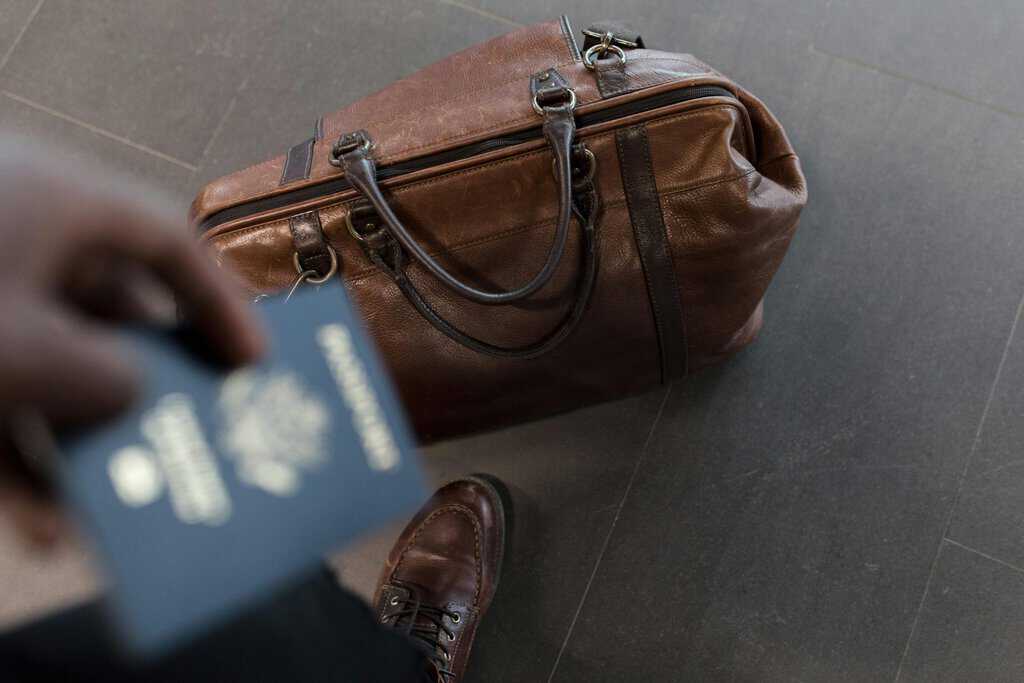In recent years, Artificial Intelligence (AI) has made significant strides in transforming various industries, and the travel sector is no exception. From booking flights and accommodations to exploring new destinations, AI is revolutionizing the way we travel. The integration of AI technologies in travel services is making the entire process more efficient, personalized, and enjoyable. This blog post delves into how AI is simplifying travel from the moment you start planning your trip to the time you embark on your adventure.

Streamlining the Booking Process
One of the most significant impacts of travel AI in the industry is the streamlining of the booking process. Gone are the days of spending hours on multiple websites comparing prices and availability. AI-powered travel platforms and chatbots are now capable of handling complex queries, providing real-time information, and making personalized recommendations based on user preferences. Many businesses are now collaborating with a specialized travel software development company to build custom AI solutions that address their unique operational challenges and customer needs.
Personalized Recommendations
AI algorithms analyze vast amounts of data, including user behavior, preferences, and past bookings, to offer personalized travel recommendations. Whether you are looking for the best flight deals, hotel accommodations, or car rentals, AI can suggest options that match your specific needs and budget. These personalized recommendations not only save time but also enhance the overall travel experience by ensuring that travelers find the best options available.
Chatbots and Virtual Assistants
AI-powered chatbots and virtual assistants have become indispensable tools for travelers. These intelligent agents are available 24/7 to assist with inquiries, bookings, and even itinerary changes. For instance, if you need to book a last-minute flight or change your hotel reservation, a chatbot can handle these tasks quickly and efficiently. Moreover, these virtual assistants can provide real-time updates on flight statuses, weather conditions, and local attractions, ensuring that travelers are always well-informed.
Enhancing the Travel Experience
AI is not only simplifying the booking process but also enhancing the overall travel experience. From personalized itineraries to real-time language translation, AI technologies are making it easier for travelers to navigate and enjoy their journeys.
Personalized Itineraries
Planning a trip can be overwhelming, especially when trying to fit multiple activities into a limited timeframe. AI-powered travel apps can create personalized itineraries based on your interests, preferences, and schedule. By analyzing data such as popular tourist spots, user reviews, and local events, these apps can suggest the best places to visit and the optimal times to explore them. This level of customization ensures that travelers make the most of their trips without the stress of meticulous planning.
Real-Time Language Translation
One of the biggest challenges when traveling to a foreign country is the language barrier. AI-powered translation apps, such as Google Translate, have made significant advancements in real-time language translation. These apps can translate spoken language, text, and even images, making it easier for travelers to communicate with locals, read signs, and navigate unfamiliar environments. The ability to understand and be understood in a foreign language enhances the travel experience and fosters meaningful interactions with people from different cultures.
Improving Safety and Security
Safety and security are paramount concerns for travelers, and AI is playing a crucial role in addressing these issues. From predictive analytics to facial recognition, AI technologies are helping to ensure that travelers have a safe and secure journey.
Predictive Analytics
AI-powered predictive analytics can analyze historical data and current trends to forecast potential risks and disruptions. For instance, travel companies can use predictive analytics to anticipate flight delays, weather-related disruptions, and even potential health risks. By providing travelers with timely information and alternative options, AI helps minimize the impact of unforeseen events and ensures a smoother travel experience.
Facial Recognition
Facial recognition technology is becoming increasingly prevalent in airports and other travel hubs. This AI-driven technology streamlines the check-in and security screening processes by allowing travelers to verify their identities quickly and accurately. Facial recognition not only reduces wait times but also enhances security by ensuring that only authorized individuals have access to restricted areas. Additionally, this technology can be used to track lost luggage and enhance the overall efficiency of airport operations.
Conclusion
From booking flights and accommodations to exploring new destinations, AI is revolutionizing the travel industry. The integration of AI technologies is making the entire travel experience more efficient, personalized, and enjoyable. Personalized recommendations, chatbots, and virtual assistants are streamlining the booking process, while personalized itineraries and real-time language translation are enhancing the travel experience. Many travelers now subscribe to AI newsletters to stay informed about the latest technological advancements that could improve their future journeys.
Furthermore, AI is improving safety and security through predictive analytics and facial recognition. As AI continues to advance, we can expect even more innovations that will simplify and enhance the way we travel.
In this ever-evolving landscape, embracing AI technologies can help travelers make the most of their journeys, ensuring that every trip is as enjoyable and stress-free as possible.
